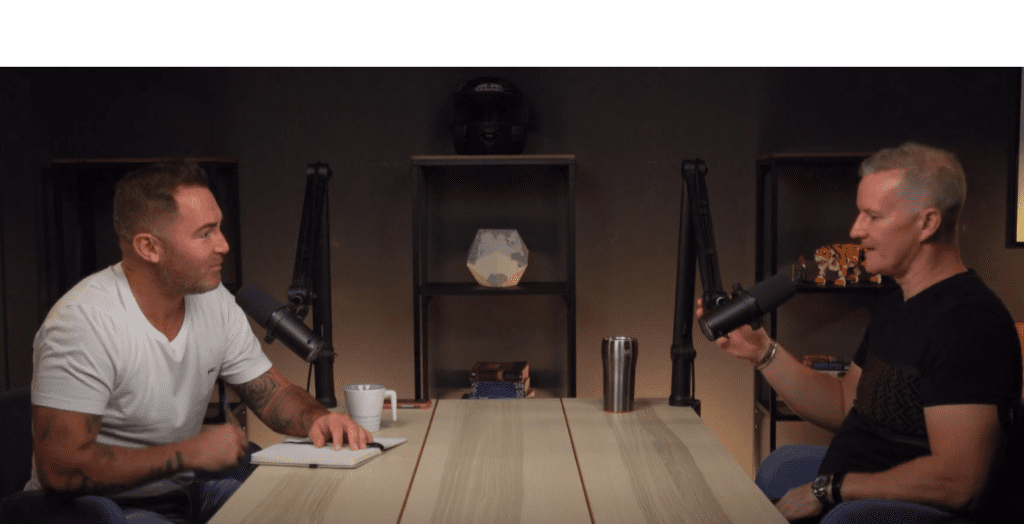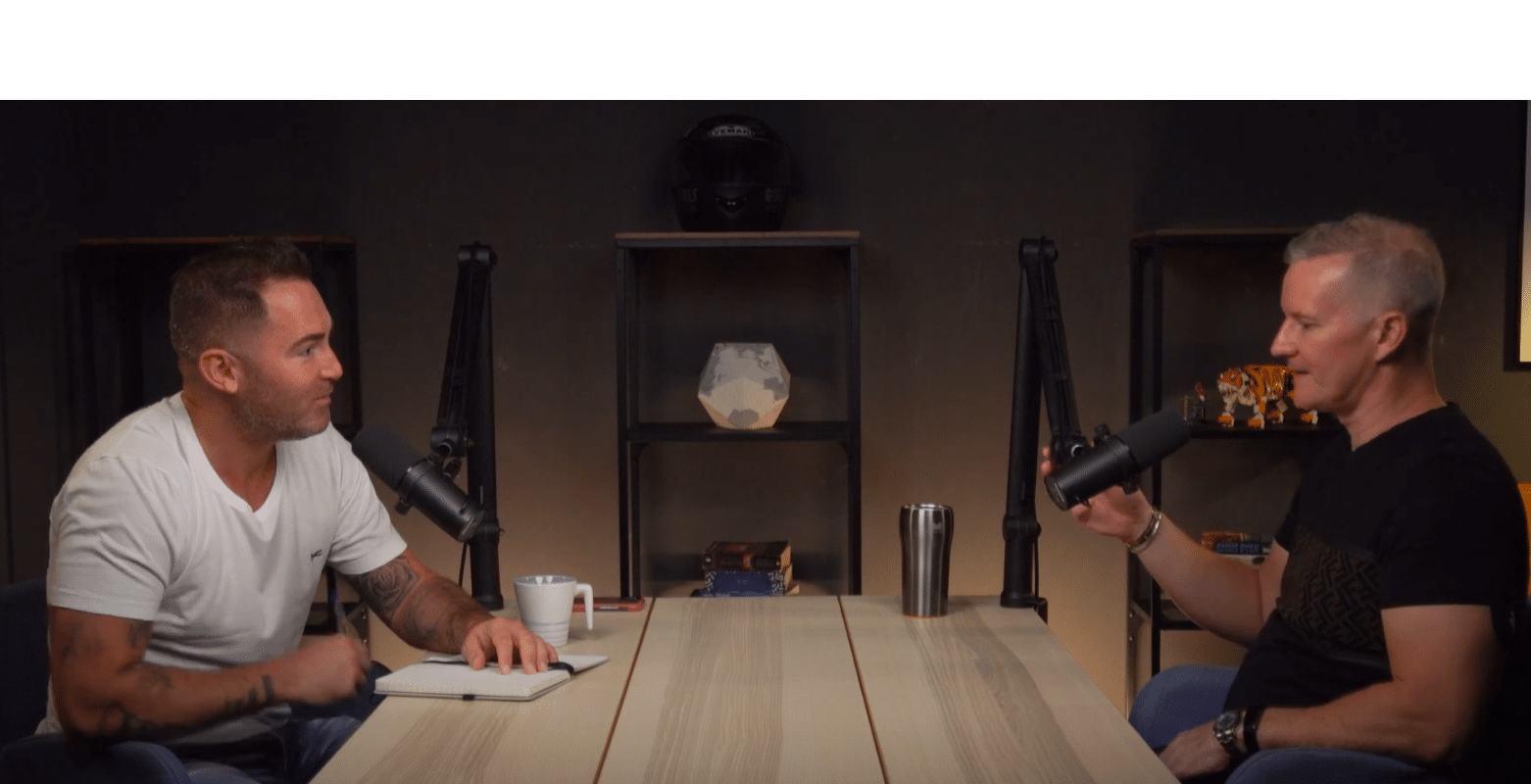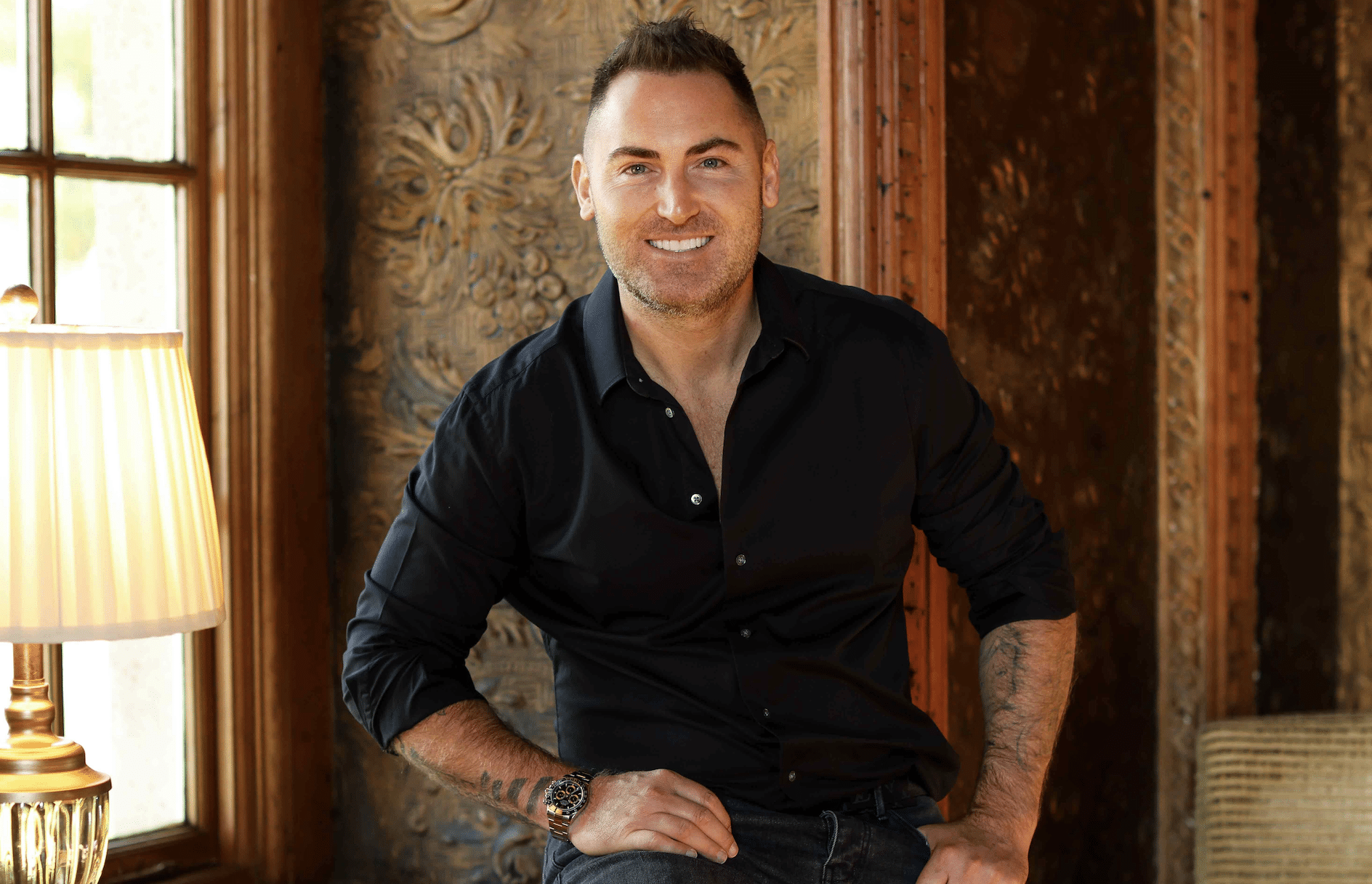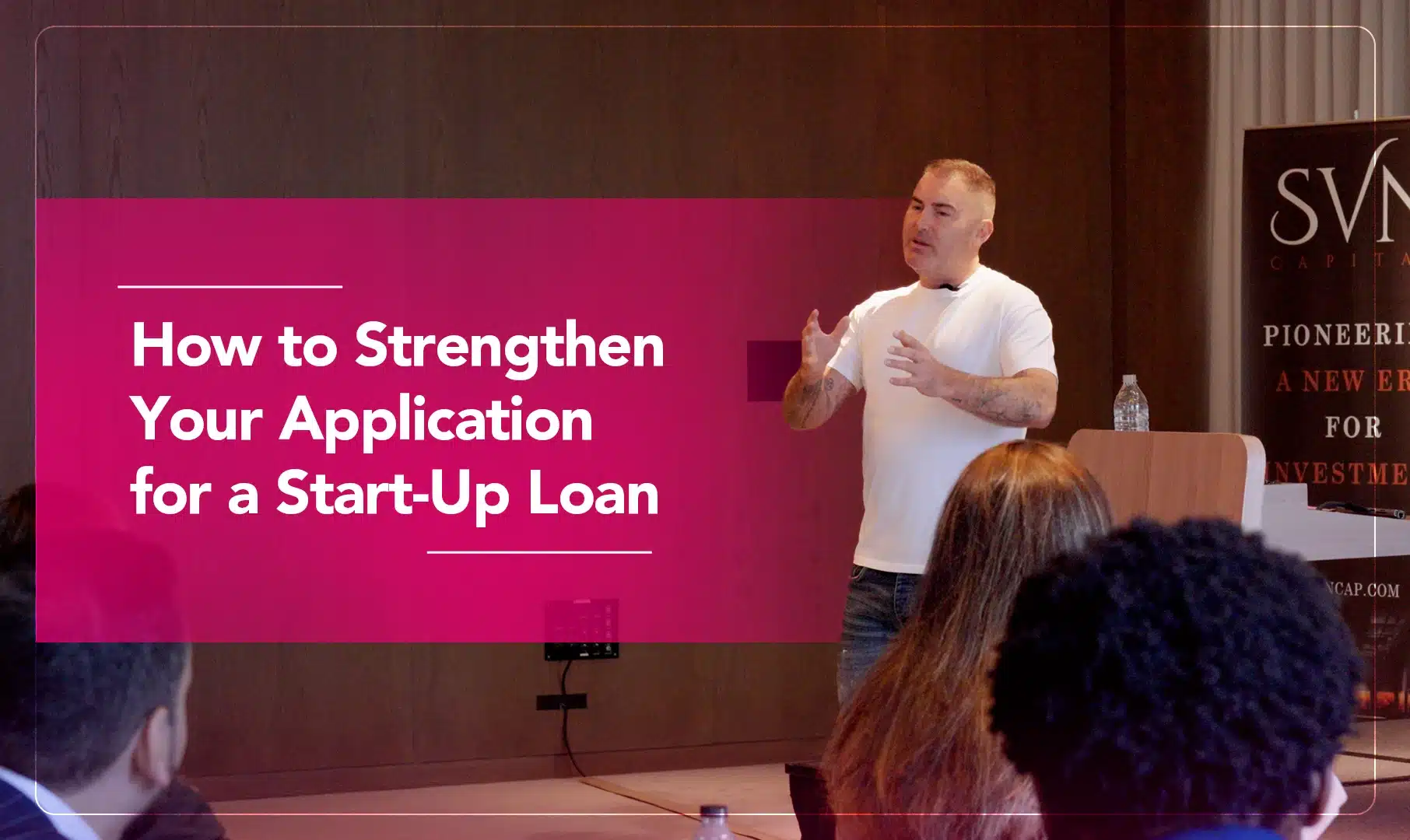
In this new and exclusive interview, I talk business with Jeremy Harbour. Specifically, we explore how you can learn to buy businesses with no money.
He’s an investor, an author, and a top-ranked business speaker, and recently he was a guest on The Matt Haycox Show podcast. In the episode, Jeremy Harbour talked with Matt and outlined his hugely successful business model of buying companies with little, if any, of his own money and then selling them on for great profit.
This podcast comes with a theme. Put money on a horse. If it wins you walk away with your winnings. If it loses the bookie smiles and gives you your money back.
Sounds like fantasy doesn’t it? But Jeremy Harbour explains how he’s worked himself into that amazing position. He’s bought dozens of businesses over the last 20 years, and now he’s worth nine figures. Jeremy assesses companies, and if they’re a good fit he buys them on the right terms. He adds value and sells them (again on the right terms). You’re probably thinking “that’s not for me. I don’t have enough money, and I don’t fancy the risks involved”.
But the podcast handles this. Jeremy has answers, how to buy businesses with no or little money and ways to damp down any risks.
Look Out for Opportunities
He’s always had an eye for a business investment opportunity. The first company he bought was a telecoms business facing a deadline. Their offices were about to be demolished, and everywhere else in the area was expensive.
Jeremy explains he didn’t have any money when this opportunity came up, but he saw the desperation in the owner’s eyes and struck a deal. He thrashed out an agreement where the owner would sell the company for no money upfront in return for cash later on.
The deal worked and gave him enough experience to keep making deals. “It was like a cork had popped,” says Jeremy. He goes on to say how he’s kissed a lot of frogs. “People declined my offers until I found a way to reposition the offer,” he tells Matt.
The Devil is in the Detail
Each arrangement is different. There’s the Deferred Payment as described above. Jeremy mentions how he’s used WIBO (Work In Buy Out) to great effect. Here, work is done to improve a company’s value. Jeremy’s team might introduce systems, improve accounting techniques, or introduce digitisation and modernisation.
Often, Jeremy finds himself saying, “Pay me £x, and I’ll do this work. If I improve cash flow or profit by so much you can give me 20% of the business.” People will almost always have skills they can bring to bear on a company in exchange for equity, and solving a problem often boosts a company’s value.
He’s transformed several businesses this way, boosting their value and getting them primed for sale.
Strength in Numbers
He’s also found value in forging links between the companies he’s working with. One company may have a set of managers without enough to do, but another might struggle with a lack of managers in a particular area. Letting these companies talk can add value to both businesses.
Jeremy and Matt chatted in the podcast about how certain businesses are ripe for this type of transformation. Matt asked how owners can be persuaded to sell up, and Jeremy says there’s often an owner/CEO who is looking to retire. That CEO might not have an obvious heir to pass the business on to, or the second level of management might lack the sophistication to take the company forward. Jeremy and his team help them find a buyer. He’s also built up skills in making deals and has worked out how to handle share transfers and other thorny legal issues.
Matt asked Jeremy about business agents or brokers – people who say they can sell a company. Jeremy isn’t convinced, and says “brokers should carry pot plants to replace the oxygen they waste!” These brokers have little interest in selling businesses, and just make their money by charging to put companies on their lists.
Realise the Risks
Jeremy’s work damps down any risk. Even if the transformation doesn’t achieve the usual results the company can still be sold on. That’s the equivalent of a bookie giving you your bet money back if your horse doesn’t win. This asymmetric risk lets him take on these companies wholesale and still keep his risk at manageable levels.
Jeremy explains the situation in the podcast. ‘If you went to a casino, and every bet you made you couldn’t lose, but you could win, you’d bet every penny in your pocket.’
He customises his deals. He’s handled more complex types of buyouts, such as Distressed Acquisitions, where a company is in trouble, and Initial Public Offerings (IPOs). These deals are trickier, but can still work well.
Business is Business
Selling a business is always complex, but Jeremy has the skills to match. He often pre-arranges finance for prospective buyers, and he’s happy to set up deals where a sale price is linked to future growth and success. He adds credibility by making sure the companies he puts up for sale are audit ready, and often sells the businesses for six or seven figures.
As Matt says in the podcast, “selling a business is a business in itself”.
There’s always a lesson to learn, and Jeremy admits to Matt he’s held onto companies for too long in the past. It’s always possible to keep adding value to a company, to modernise IT systems another notch, or to juggle personnel between departments, but you can face diminishing returns. He says the best time to sell a company is now, especially as preparing a company for sale can easily take a hundred days. The actual selling process can take six to nine months or more, so it’s vital to plan ahead.
Network = Networth
“Networking is crucial”, Jeremy chats about his plan of speaking with business owners and following them on LinkedIn and attending conferences in their industries. He’s after opportunities rather than sales and presents himself as an investor, which helps him form relationships with company owners.

Certain businesses are ripe for this type of work. The sweet spot is usually companies with a turnover between £1m and £5m. Below that figure, they’re often one-man bands who drive the entire show, and if they go the company doesn’t really exist. Above £5m there are more buyers and increased competition.
He’s made deals in multiple sectors, but he’s done well with ‘blue collar’ companies such as engineering, cleaning and ventilation firms. Buyers often overlook these organisations, but they often have contracts which mean, money in the future.
Air on the Side of Caution
Jeremy and Matt mention areas where investors should take care. They agreed on the need to learn legal terms and the language of accounts. You should also learn about the industry sector. If you know the challenges and pain points companies face every day you’ll be better at building rapport with business owners in that sector.
What Does the Future Hold for Businesses?
The podcast ends with a glance at the future…The pandemic killed many businesses, but this, in hand, has created many opportunities. Several companies borrowed to set themselves up, and recent interest rate rises have left these organisations ripe for a make-over. With careful management of the problems these companies face, there’s every chance of spotting a winner in 2023 and helping businesses weather this storm.
Want to know more? Jeremy has a website at Harbour Club Events, and offers a book called ‘Go Do Deals’. Buy the book and you’ll receive a free email course – one email a day for 21 days which will walk you through the details of how to make this business model work for you.
And if you have a business that needs funding, or you need expert business advice, then get in touch today!






